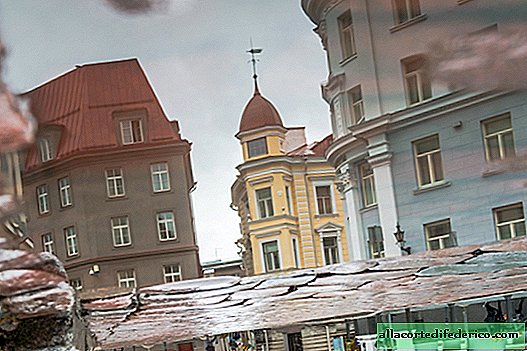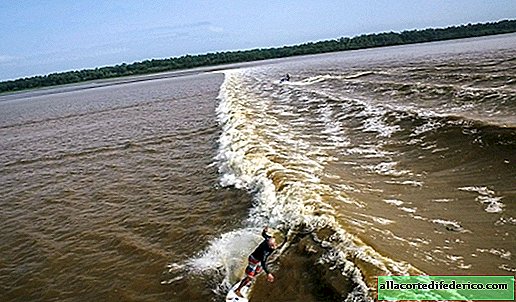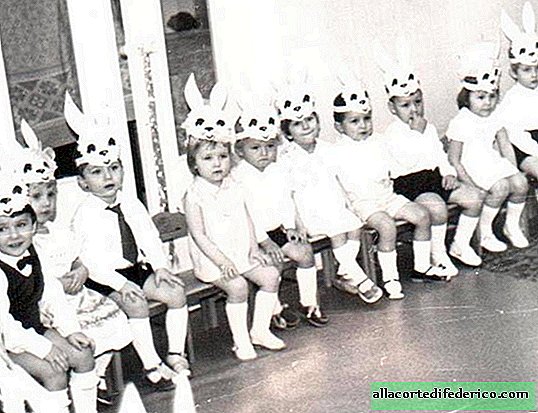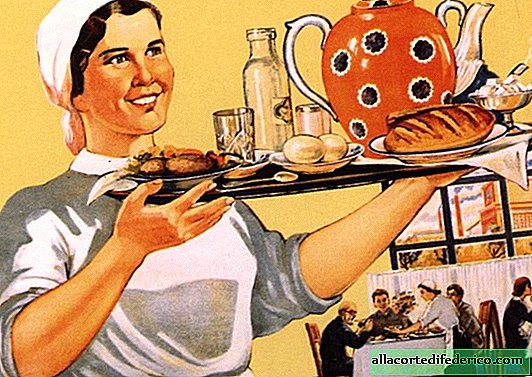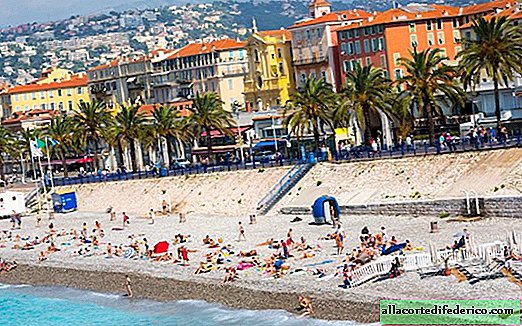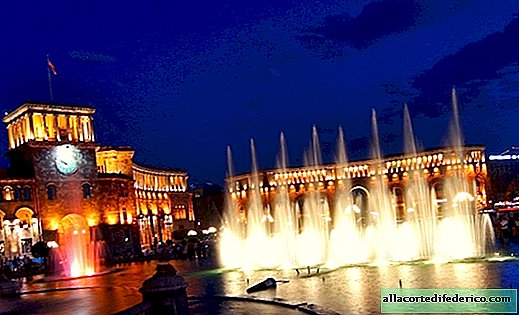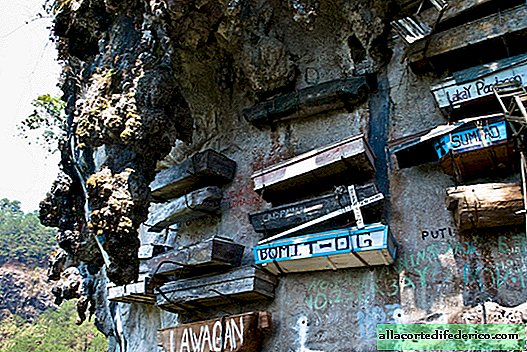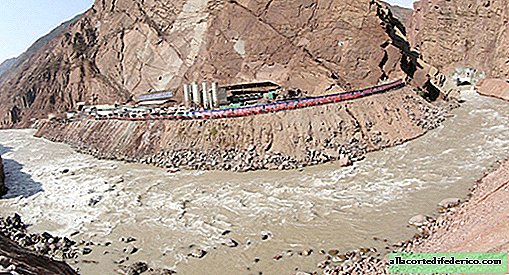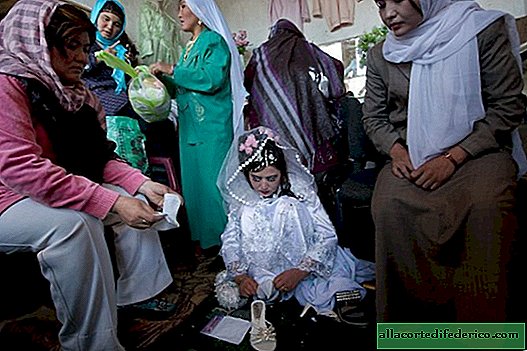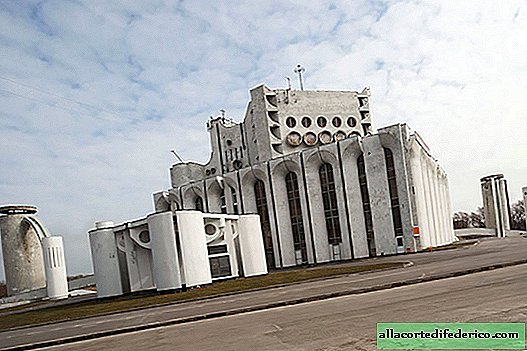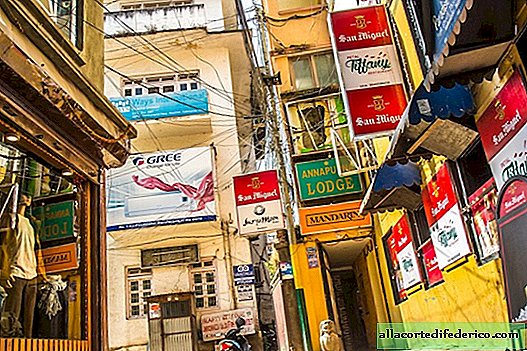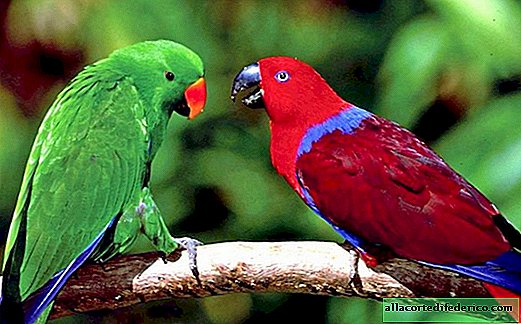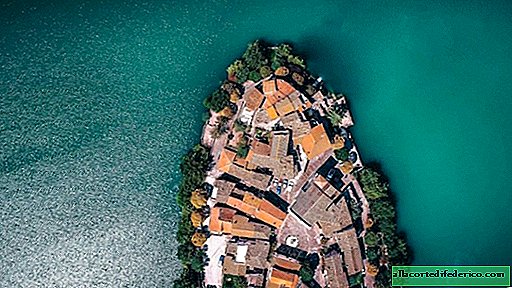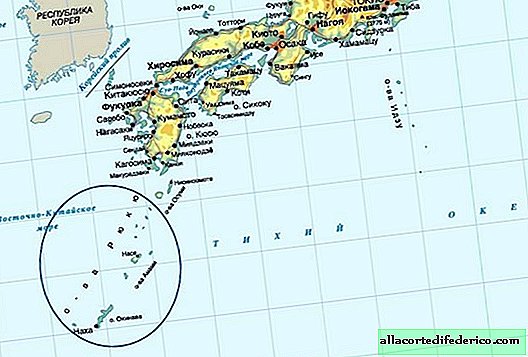Russian traditions that appeared thanks to the Tatar-Mongols
Where did the Russian dumplings come from? When did the word "hero" appear in Russian? Who was the first to shout “Hurray!”? On the one hand, the Tatar-Mongol yoke brought death and destruction to our land, on the other hand, the nomadic culture had a great influence on us. It is not known what we would be if there were no invasion. The influence of the Tatar-Mongolian culture was reflected in all spheres of life. Take cooking, for example.
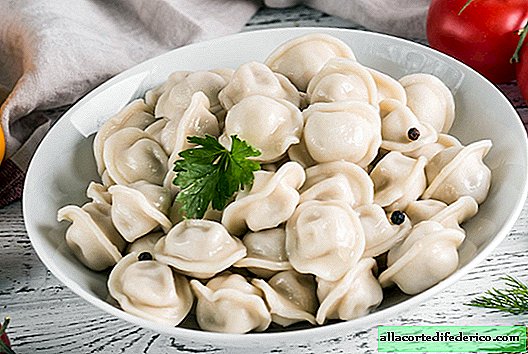
Do you like dumplings? In fact, this familiar dish of Russian national cuisine in the Tatar-Mongol army was a dry ration. The Mongols, embarking on long winter military campaigns, stuffed bales with them. Russian people met dumplings only in the 13th century. It was convenient to cook them in camping pots. True, there is a version that the Mongols borrowed a dish from the Chinese. They were made from rice flour, and the filling from cabbage and meat. Dumplings firmly entered the diet of the peoples of the Urals and Siberia. In the European part of Russia, they have become popular since the mid-19th century.
When creating the Russian financial system, the model used in the Golden Horde was taken as a model. This is reflected in the language. Hence the "customs" and "money." "Customs" came from the Mongolian word "tamga", which denoted the stigma. "Money" - from the Tatar "tenge".

Linguists found 2,000 Tatar words in Russian. Most of them relate to clothing and food. Tatars instilled in us a love of tea drinking, taught to bake kalachi. The caftans of the Russian boyars were very similar to the clothes of the Horde nobility. Kaftan, by the way, is not our word either. We started wearing caps and shoes.
Battle cry "Hurray!" also came from the Tatar-Mongols. When we were under the yoke for 200 years, Russian soldiers had to serve in the Mongol squads. The warlike traditions of some became habits of others. "Hurray" came from the Mongolian "hurricane", which means "forward". By the way, Peter the Great forbade this cry. He liked it more when they shouted "Vivat!" After a while, “Hurray” returned to the army.
And finally, the last blow to national pride. The word "hero" is of Turkic origin.

For the first time it is used in the Ipatiev Chronicle when mentioning the Tatar governors for 1240, 1243, 1263. The first heroes mentioned there were named Subedei and Burundi. They were the Mongol governors who conquered Russia in 1240.
Translated "hero" means "bold". Prior to the invasion of the warriors, they called it “Horobor” or “good man”. Since the 13th century, the word "hero" is increasingly replacing the old Slavic name. The main epics were built just during this period from the 12th to the 16th centuries.

